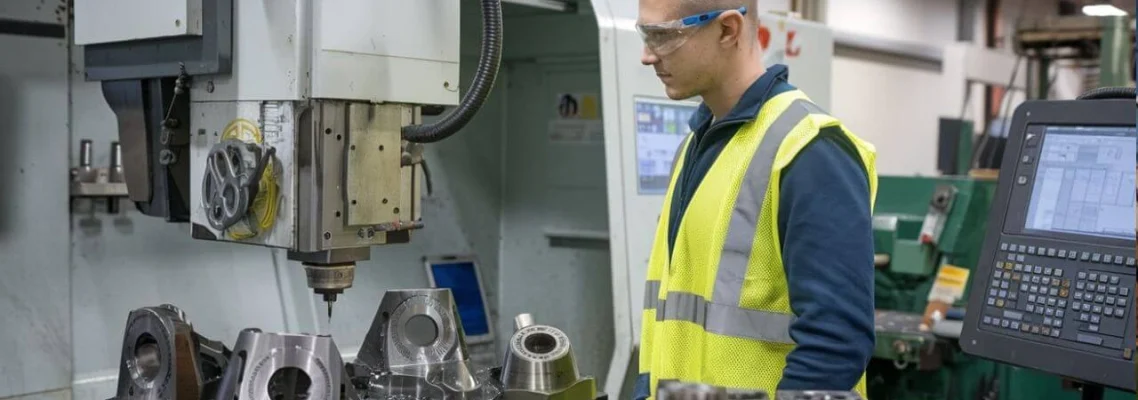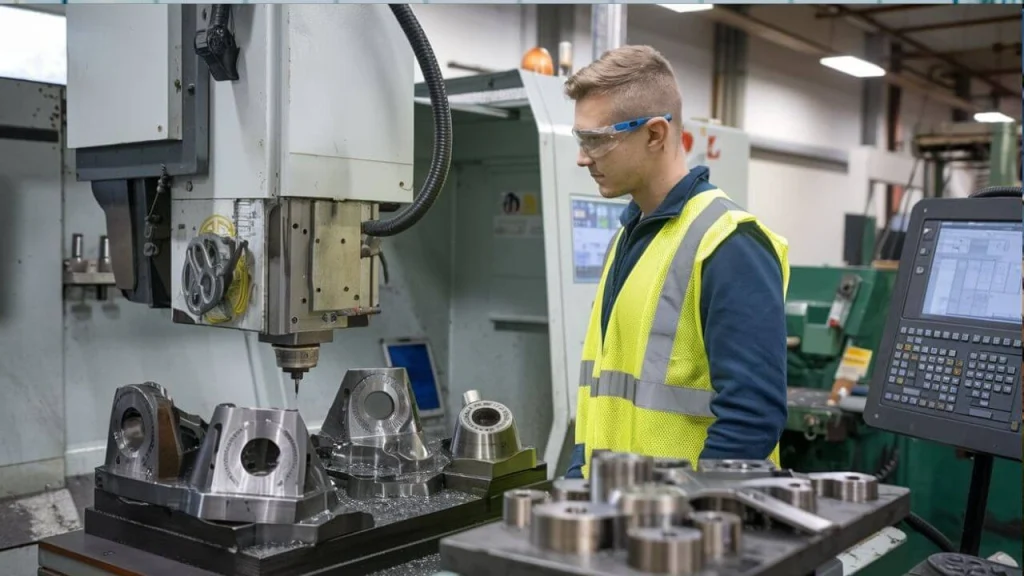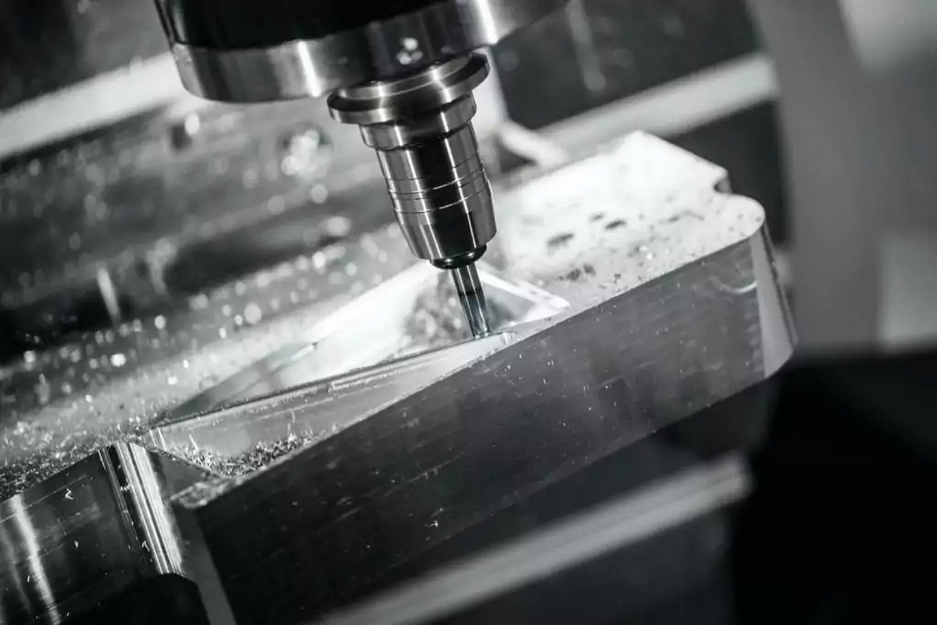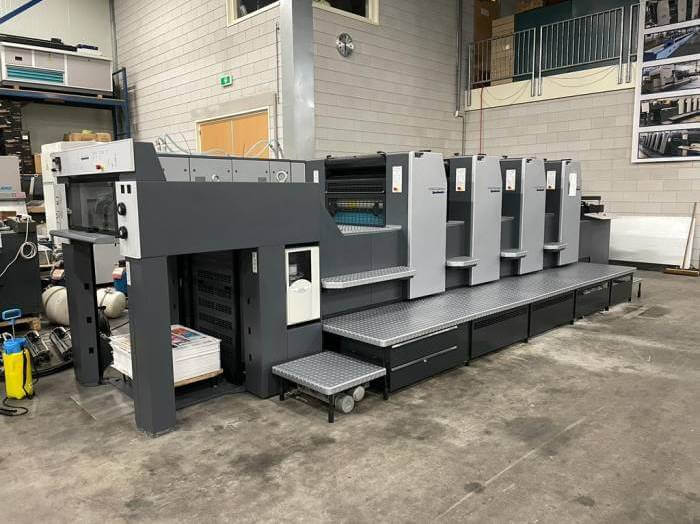
CNC Machine Operator: Key Responsibilities, Skills, and Career Path Insights
June 3, 2025
If you’re considering a career in advanced manufacturing, becoming a CNC Machine Operator is a practical and rewarding entry point. But what does the role actually entail? Is it all button-pushing, or is there more beneath the surface?
Whether you’re transitioning from another industry, exploring skilled trades after high school, or looking to grow within the manufacturing world, this guide provides a clear view into the day-to-day duties, required skills, and long-term career potential of a CNC Machine Operator.

Content
What Is a CNC Machine Operator?
A CNC Machine Operator works with Computer Numerical Control (CNC) equipment to manufacture metal and plastic components with extreme accuracy. These machines are widely used in industries like aerospace, automotive, medical devices, and industrial equipment manufacturing.
Operators are responsible for running these machines according to a predefined programming script, maintaining part consistency, and checking for defects through routine quality control procedures. Unlike CNC Machinists—who often create or modify programs—Operators typically execute already developed programs.
This position serves as a stepping stone into more specialized roles, offering hands-on experience in machine shop environments and building essential skills for future advancement.
Key Responsibilities of a CNC Machine Operator
The scope of responsibilities for a CNC Machine Operator extends beyond just starting a machine. Operators are vital to ensuring that the production line functions smoothly and that finished products meet strict tolerances.
CNC Operator Responsibilities
- Prepare machines by loading materials and setting tools and fixtures
- Operate milling machines, lathes, grinders, and other CNC equipment
- Monitor real-time production, watching for signs of tool wear, machine drift, or material inconsistencies
- Perform in-process inspections using gauges, calipers, and micrometers
- Record quality control data for traceability and compliance
- Troubleshoot operational issues, including alignment or tool change problems
- Perform basic maintenance, such as cleaning machines, changing fluids, and replacing worn components
- Follow blueprint interpretation and detailed part specifications
- Collaborate with CNC Programmers, Machinists, and Quality Assurance staff
Operators may work with a single type of machine or rotate among several depending on the shop’s workflow and production needs. This versatility adds to the value and development potential of the role.
Skills and Requirements for CNC Machine Operators
Working in a machine shop requires more than technical knowledge—it also takes discipline, attention to detail, and the ability to follow processes meticulously.
CNC Operator Requirements
- Educational Background: High school diploma or equivalent is typically required; courses in machining or manufacturing are advantageous
- Mechanical Aptitude: Understanding how machines and tools work is essential
- Math Proficiency: Ability to make measurements, calculate tolerances, and follow precision specifications
- Blueprint Interpretation: Ability to read and understand engineering drawings and programming parameters
- Communication Skills: Operators must coordinate with supervisors, machinists, and other team members
- Problem-Solving Ability: The capacity to react quickly and correctly when an issue arises is crucial for troubleshooting
- Attention to Detail: Even minor deviations can lead to costly errors
- Time Management: Operators must keep production running efficiently to meet deadlines
Many employers provide on-the-job training, but those who come in with vocational certifications in CNC operation or machining from community colleges or technical schools are often favored during the hiring process.
Opportunities for Career Growth
The CNC field offers numerous career paths. Starting as a CNC Machine Operator can lead to advancement into roles like:
- CNC Machinist – Performing more complex machine setup, custom part creation, and programming
- CNC Programmer – Writing G-code and developing efficient machining processes
- Quality Control Inspector – Specializing in product validation and process audits
- Production Supervisor – Overseeing teams and coordinating shop floor operations
With experience and continued education, Operators often progress into higher-paying, more technical positions that involve greater responsibility and input on manufacturing strategy and process optimization.
Summary
A career as a CNC Machine Operator is a smart choice for those who enjoy working with machines, solving problems, and contributing to the production of high-quality components. The role provides a hands-on entry point into modern manufacturing, with exposure to blueprint interpretation, troubleshooting, and quality control practices.
Whether you’re seeking a reliable career path, looking for opportunities to upskill, or aiming for roles in process optimization and programming, starting as a CNC Operator puts you on solid ground. And with demand for skilled tradespeople growing in the U.S. and beyond, the future for CNC professionals looks bright.
Frequently Asked Questions
What is the average salary for a CNC Machine Operator?
According to industry data, CNC Operators in the U.S. typically earn between $40,000 and $55,000 per year, depending on experience, location, and specialization.
Is certification required to become a CNC Operator?
Not always. While many employers offer in-house training, having a certification—such as NIMS (National Institute for Metalworking Skills)—can give you a competitive edge.
What’s the difference between a CNC Operator and CNC Machinist?
An Operator primarily runs machines and ensures they function correctly. A CNC Machinist performs more advanced tasks, including tool changes, manual adjustments, and even editing programming code directly.
Do I need to know G-code to be a CNC Operator?
Basic familiarity is helpful but not required. Operators typically work with pre-loaded programs. However, understanding the fundamentals of G-code will enhance your value and help you transition to roles with greater technical demands.

Darin is a wonderful person. He is very nice and always willing to help out! He loves his job because it lets him share interesting things with people who want to know about new developments in the world of technology.












